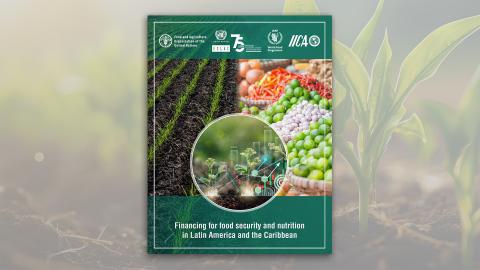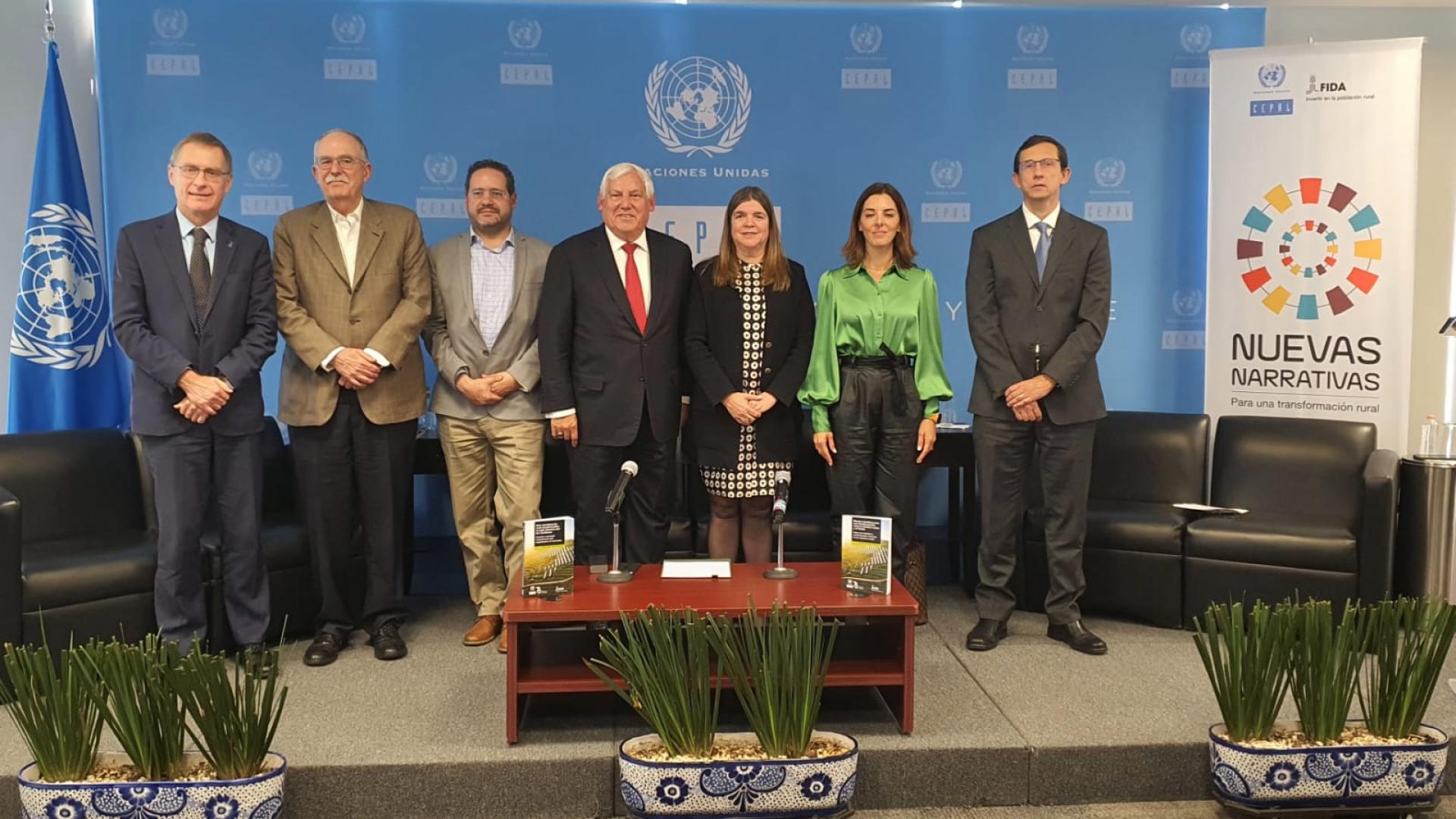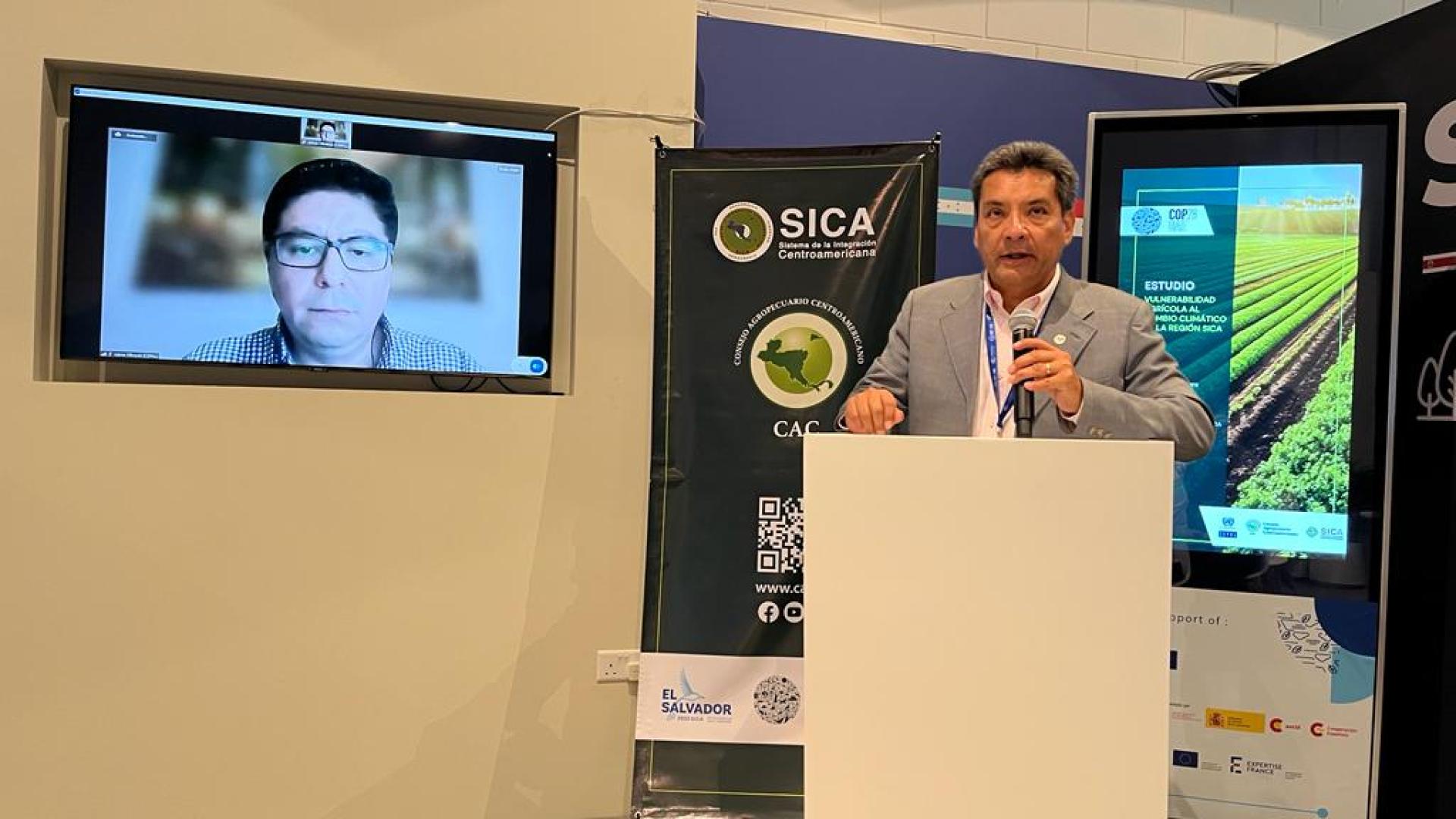Press Release
Expert meeting on agricultural insurance and comprehensive risk management in the SICA region
The expert meeting on agricultural insurance and comprehensive risk management in Central America and the Dominican Republic was held in Santo Domingo, Dominican Republic on June 5 and 6, 2018. The meeting aimed to analyze the current status of pre-requisites for the development and/or strengthening of traditional and parametric agricultural insurance in the countries; deepen the progress and lessons learned on agricultural insurance products indexed at the national, regional and international levels aimed at micro and small producers; and validate strategic lines for the development and strengthening of parametric agricultural insurance at the national level, exploring opportunities for cooperation among countries and the search for financial resources for their development.
The meeting of experts is conceived as a community of practice within the framework of the program being carried out by ECLAC, the Executive Secretariat of CAC and the Technical Group on Climate Change and Integrated Risk Management (GTCCGIR) of CAC in coordination with the Inter-American Institute for Cooperation on Agriculture (IICA) and the Ministry of Agriculture and Livestock of Costa Rica. The community of practice is made up of members of the Technical Group, officials from national institutions directly involved in agricultural insurance, representatives of multilateral international organizations, private and non-governmental organizations focused on the subject in the Central American region, and international experts that participate in the development of traditional and indexed agricultural insurance mechanisms.
Significant progress was observed in the adoption of parametric insurance instruments, mainly in banking institutions that grant credit to small producers located in the rural area (El Salvador and Guatemala). International institutions provide important technical support in developing agroclimatic forums that generate technical reports that guide the work and decision-making of small rural producers (Honduras). The national public institutions responsible for agricultural insurance continue with traditional schemes, although they are very interested in the adoption of risk transfer mechanisms based on climate indices (Costa Rica, Panama and the Dominican Republic). It is important to continue efforts to leverage national contingency funds, mutual funds, catastrophe and climate bonds that support traditional and indexed insurance mechanisms.



